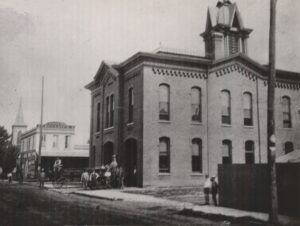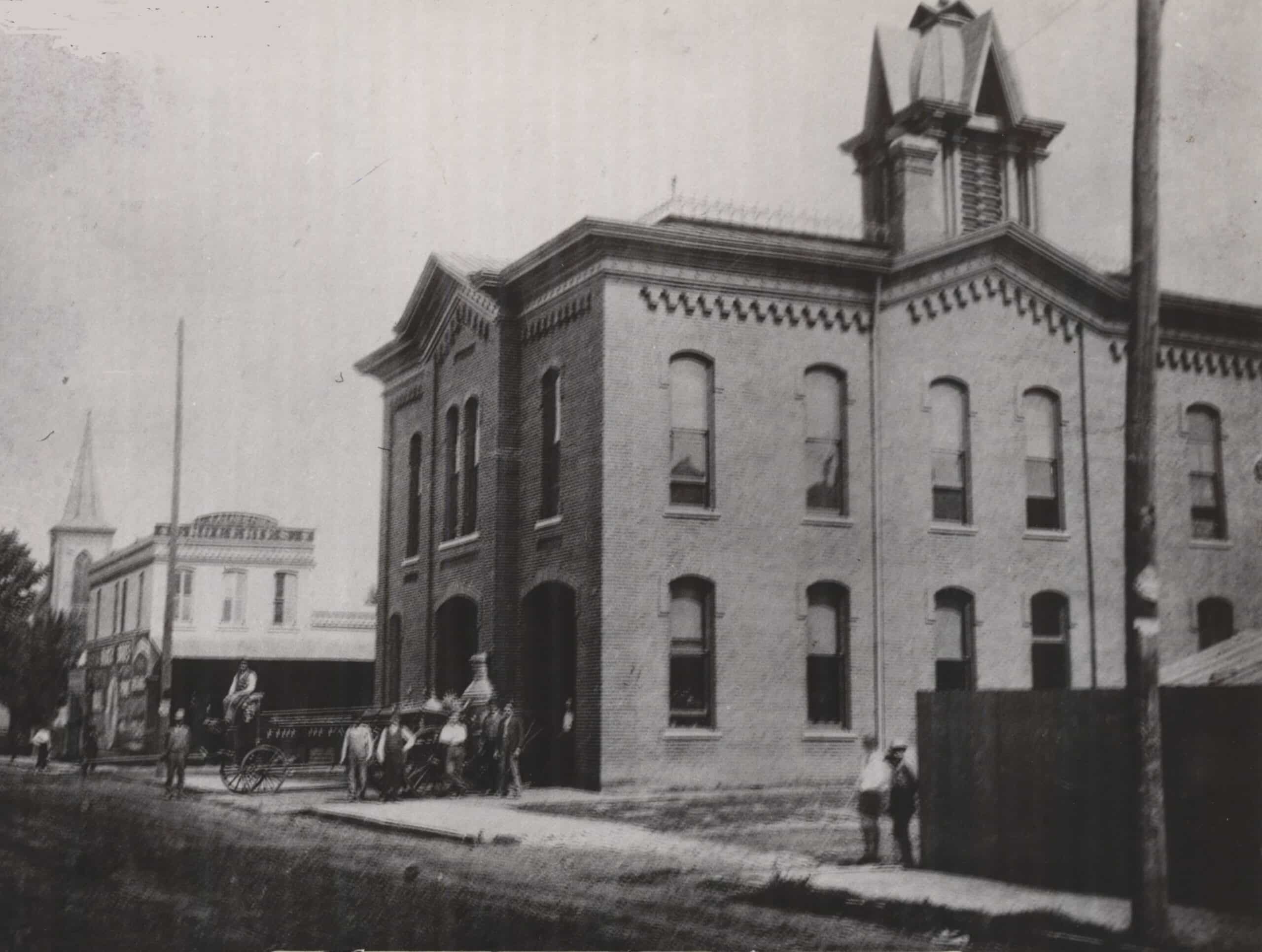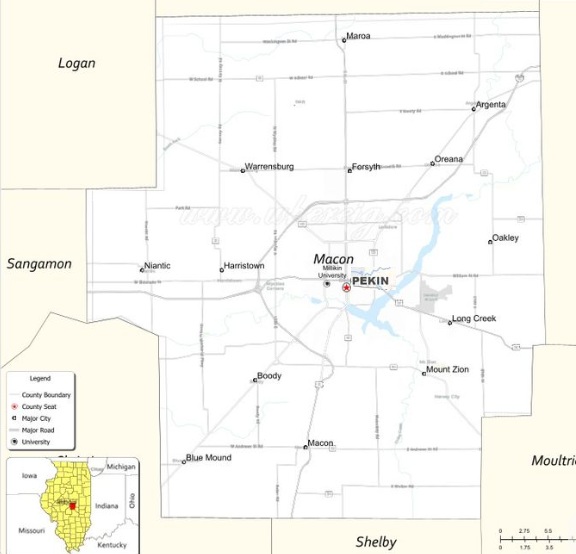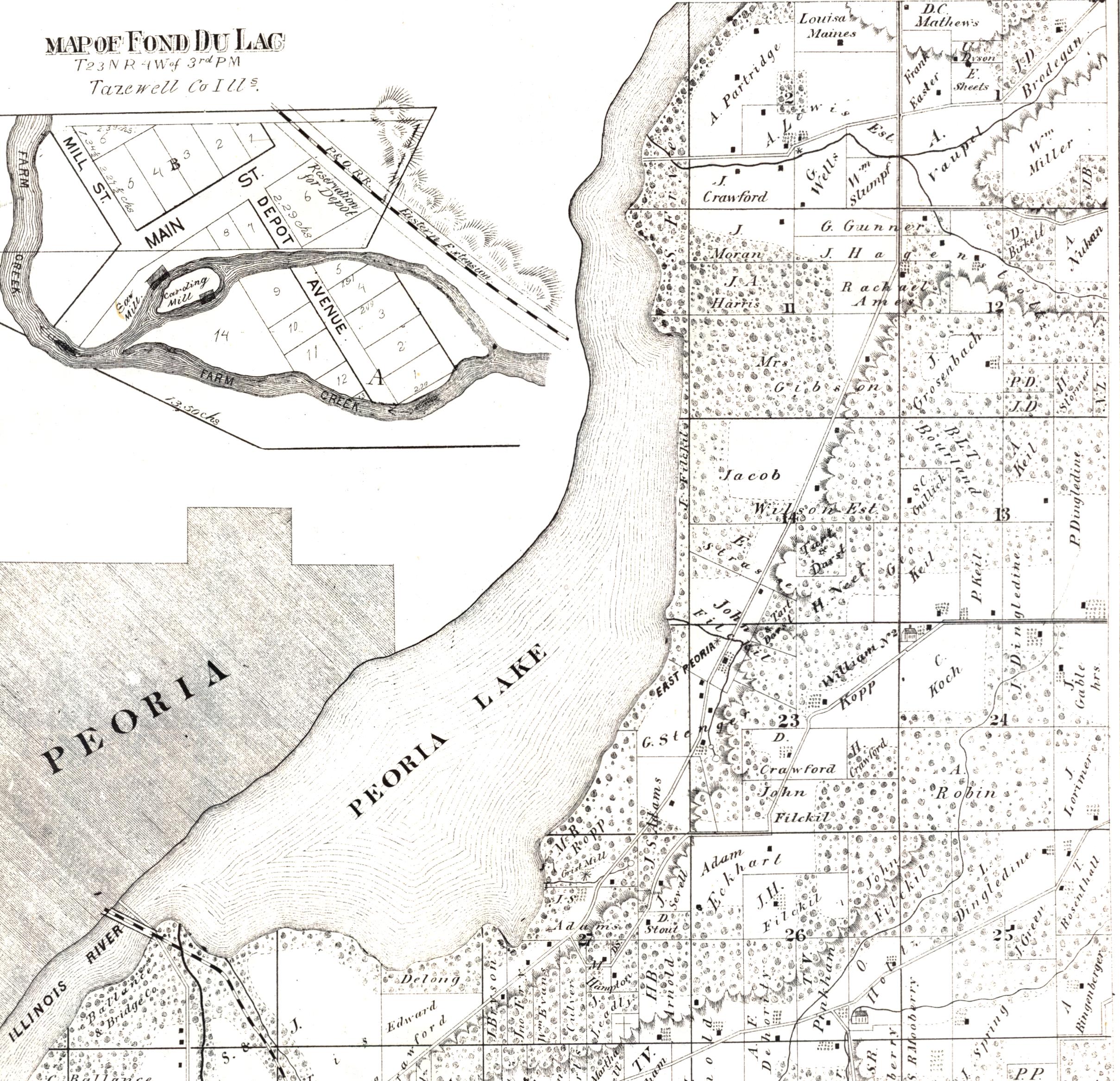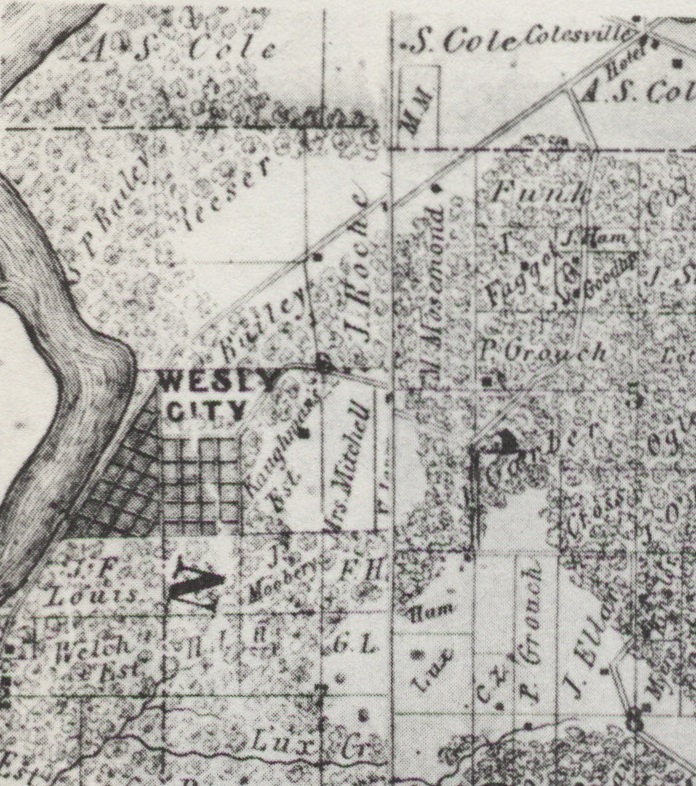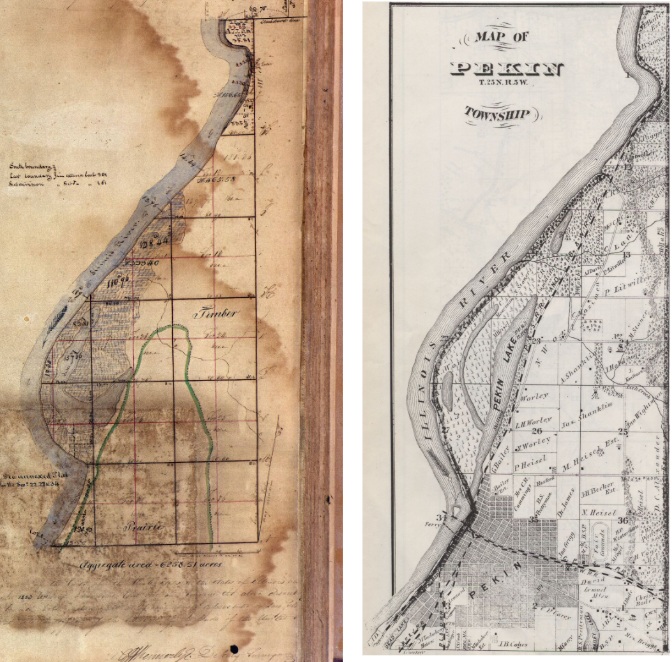Many people would find that the 1888 Pekin City Code makes for some rather dry reading, but much can be learned of Pekin’s past by perusing the pages of this book, a copy of which may be found in the Pekin Public Library’s Local History Room collection.
This edition of the code was published while Albert R. Warren was mayor. Pekin’s mayor served only a two-year term back then, presiding over a city council of 12 aldermen (four wards, three aldermen a piece). The 1888 code also mentions that the City of Pekin was incorporated by unanimous vote on Aug. 20, 1849. Bernard Bailey was elected our first mayor on Sept. 24, 1849, and Pekin’s population on Jan. 7, 1850 was a mere 1,840.
Quite a lot has changed in Pekin’s government since 1888. A few city department heads are no more, such as the “City Weigher and Overseer of City Hall,” the “Engineer of Steamer,” the City Sexton, and of course Bridge Tender No. 1 and No. 2. Other offices have new names. You can guess what we call the Superintendent of Police and the Fire Marshal now.
The code helpfully enumerates the powers of the city council. Most of these powers are sensible and obvious: “To prevent and suppress riots, routs, affrays, noises, disturbances, disorderly assemblies in any public or private place,” “To prohibit and punish cruelty to animals,” “To restrain and punish vagrants, mendicants and prostitutes.”
The late 19th century Pekin City Council also was empowered “[t]o establish and erect calabooses, bridewells, houses of correction and work houses, for the reformation and confinement of vagrants, idle and disorderly persons, and persons convicted of violating any village or city ordinance . . .”
The rather colorful terms “calaboose” and “bridewell” are archaic terms for “jail.” The code of course details numerous misdemeanors that could land one in the calaboose or bridewell.
One such misdemeanor was prohibited by this city ordinance: “If any person shall within the city challenge another to fight, or shall threaten or traduce another, or shall use any profane, obscene or offensive language, or indulge in any conduct toward another tending to provoke a disturbance or breach of the peace, the person so offending shall, upon conviction, be fined not less than three dollars no more than seventy-five dollars for each offense.”
The 1888 city code gives the impression that Pekin in those days suffered from a wave of crimes perpetrated by unruly boys, for there are a number of ordinances that start with, “No boy or other person shall,” or, “Any two or more boys or other persons,” or, “It shall be unlawful for any boy or other person.” The code does not single out girls in that way.
Even before the days of automobiles, when people transported goods and people using wagons or carriages, some Pekinites nevertheless had problems with speeding and reckless driving. The 1888 code set the speed limit for carts, wagons and carriages at 6 mph, or 4 mph when turning corners.
It also was forbidden for anyone to “use any profane or obscene language in any public place . . . when any woman may be sufficiently near to hear the same;” or to “appear in any public place or place exposed to the public view, in a dress not belonging to his or her sex;” or to engage in “dancing, jumping, drilling, running foot or horse races, playing at ball, ten-pins, billiards, cards or other games, wrestling, boxing, pitching quoits, or any amusement of like nature” on Sunday.
Many children probably had trouble obeying the “no dancing or jumping on Sunday” rule, but it’s unknown how many people liked to pitch quoits on Sunday. (“Pitching quoits” is a game that was popular in the Middle Ages, usually known as “ring toss” today.)
